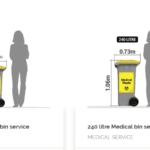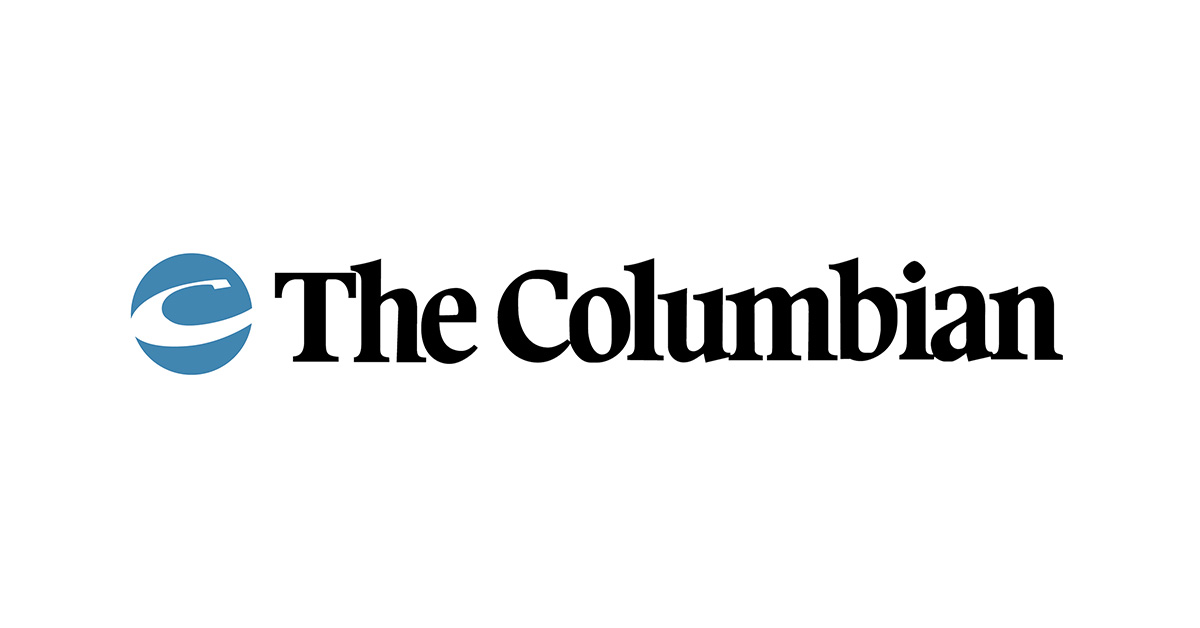Department of Human Services Provides Update on Latest Medical Assistance, SNAP Enrollment Data, Announces Extension of 2020-21 LIHEAP Season – Governor Tom Wolf
Energy Disrupter

Harrisburg, PA – Department of Human Services (DHS) Secretary Teresa Miller today provided an update on February 2021 public assistance enrollment numbers and reminded Pennsylvanians that safety-net programs like the Supplemental Nutrition Assistance Program (SNAP), cash assistance, Medical Assistance (MA), and Low-Income Home Energy Assistance Program (LIHEAP) are available to individuals and families who are struggling to afford food, cover basic expenses, access health care, and pay for home heating bills. Secretary Miller also announced that the 2020-2021 LIHEAP season is being extended and will now accept applications until April 30, 2021.
“Our public assistance network is designed to be a lifeline that makes sure people can go to the doctor, have enough to eat, or pay their utilities as other bills and needs arise, even in our most difficult times,” said Secretary Miller. “No one should feel like they have to endure the stress, anxiety, and uncertainty that many have experienced in the last year alone. Hope is ahead, but there is still great need in our communities. If you or someone you know could use a hand, please let us try to help so we can emerge from this crisis together.”
Enrollment statewide for MA has increased by 388,615 people since February 2020, for a total enrollment of 3,220,178 in February 2021 – a 13.7 percent increase.
Pennsylvanians who have lost health coverage or are currently uninsured and need coverage for themselves or their children may qualify for coverage through MA or the Children’s Health Insurance Program (CHIP). MA and CHIP provide coverage for routine and emergency health services, tests and screenings, and prescriptions, and COVID-19 testing and treatment are covered by both MA and CHIP. MA and CHIP enroll individuals throughout the year and do not have a limited or special enrollment period, so people needing health coverage can apply for these programs at any time. There are income limits for MA, but all uninsured children qualify for comprehensive health, vision, and dental coverage through CHIP regardless of their parents’ income.
Enrollment for SNAP statewide has increased by 71,440 people since February 2020, for a total enrollment of about 1,808,899 in February 2021 – a 4.1 percent increase. Unlike MA’s consistent growth in enrollment since the start of the pandemic, SNAP enrollment has seen both increases and decreases – including a slight decrease each month since September 2020.
SNAP helps more than 1.8 million Pennsylvanians purchase fresh food and groceries, helping families with limited or strained resources be able to keep food on the table while meeting other bills and needs. Inadequate food and chronic nutrient deficiencies have profound effects on a person’s life and health, including increased risks for chronic diseases, higher chances of hospitalization, poorer overall health, and increased health care costs. As the nation continues to face the COVID-19 pandemic, access to essential needs like food is more important than ever to help keep vulnerable populations healthy and mitigate co-occurring health risks.
Federal Pandemic Unemployment Compensation (FPUC) is no longer being counted as income for people applying for SNAP eligibility. This opens SNAP as a potential option to help more people who have lost income or employment due to the pandemic.
Assistance with home energy bills is also available through LIHEAP. LIHEAP helps people who qualify pay their home heating bills so they do not have to choose between staying warm and safe during the winter months and facing unaffordable home energy bills. Assistance is available for renters and homeowners, and LIHEAP can help both with normal bills and emergency situations like broken heating equipment that needs to be fixed or replaced, lack of fuel, or risk of termination without the current utility shut-off moratorium.
Pennsylvanians who are having trouble paying utility bills or have an emergency situation are strongly encouraged to see if LIHEAP can help to avoid accruing unpaid bills that may be hard to pay when the moratorium on utility shutoffs ends. LIHEAP applications opened on November 2, 2020, and were originally scheduled to end April 9, 2021. The LIHEAP season will now run through April 30, 2021.
“This winter brought one of the most challenging periods of this pandemic thus far, and we know that likely strained economic circumstances for people in difficult circumstances,” said Secretary Miller. “Extending the LIHEAP season gives more time for people in need to apply for and use assistance available to cover outstanding bills and expenses. Please do not be afraid to apply for this assistance so you do not face burdensome bills or utility termination when the utility shutoff moratorium lapses. This program exists to help through difficult times – let us help our entire commonwealth weather the one we still face.”
Applications for SNAP, cash assistance, MA, LIHEAP, the Emergency Rental Assistance Program, and other public assistance programs that provide cash assistance can be submitted online at www.compass.state.pa.us. For those who prefer to submit a paper application, options are available. Although our County Assistance Offices (CAO) remain closed, paper applications are available for pick-up. Applications can also be printed from the website, or requested by phone at 1-800-692-7462 and mailed to their local CAO or placed in a CAO’s secure drop box, if available. You do not need to know your own eligibility in order to apply. While CAOs remain closed, work processing applications, determining eligibility, and issuing benefits continues. Clients should use COMPASS or the MyCOMPASS PA mobile app to submit necessary updates to their case files while CAOs are closed to the public.
For more information about food assistance resources for people around Pennsylvania impacted by COVID-19 and the accompanying economic insecurity, visit the Department of Agriculture’s food security guide.
For more information on public assistance programs, visit www.dhs.pa.gov.
MEDIA CONTACT: Erin James – ra-pwdhspressoffice@pa.gov
# # #
Original Source: https://www.media.pa.gov/pages/DHS_details.aspx?newsid=684
















